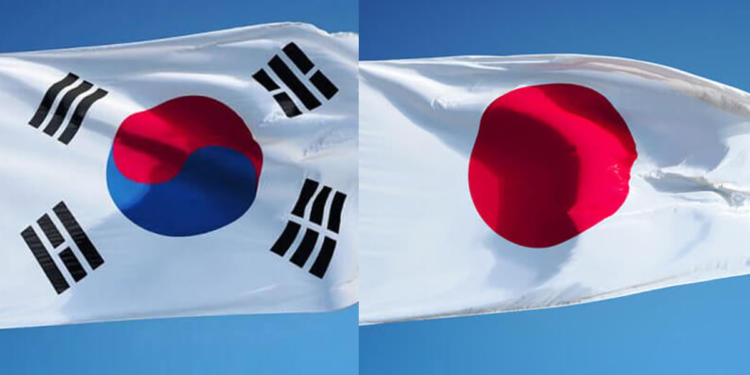On Tuesday, South Korea said it would reopen its complaint filed against Japan at the World Trade Organization (WTO) over tightened export control on some of South Korea’s high-tech materials. The government also said that bilateral dialogue to resolve the trade dispute failed to see progress.
During a briefing, Na Seung-sik, deputy minister for trade and investment, said that the Japanese government had not shown willingness to discuss the current issue.
However, Seoul plans to continue talks with Tokyo while proceeding with the complaint at the WTO.
In November last year, South Korea withdrew the complaint as a goodwill gesture to solve the dispute through bilateral talks.
Na said that the government concluded that it is difficult to see progress through dialogue with Tokyo’s insufficient commitment to resolving the problems. A normal dialogue taking place was the premise for Seoul to suspend the complaint process through the WTO.
The ministry gave its Japanese counterpart until the end of May to join in the dialogue and clarify its position on the trade export curbs. However, Japan had not provided a definite answer by Sunday.
Toshimitsu Motegi, Japan’s Foreign Minister, immediately expressed disappointment at Seoul’s announcement, arguing that the South Korean government made the decision unilaterally.
Na said that through the WTO complaint, the Trade ministry would prove the unlawfulness and unfairness of Japan’s trade curbs and raise international awareness. The proceeding would also safeguard the interests of South Korean companies.
South Korea – Japan Trade Dispute
Export controls dispute started when bilateral ties deteriorated after a series of ruling by South Korea’s Supreme Court in 2018. The rulings ordered two Japanese firms to compensate wartime workers over forced labor during Japan’s colonial rule. However, Japan said that the rulings violated international law under the 1965 treaty, which settled the compensation issue.
After Seoul’s ruling, Japan tightened export restrictions on photoresists, etching gas, and fluorinated polyimide. These materials are essential for South Korea’s chip and display-panel industries.
In August, Japan removed South Korea from its trusted partners that benefit from minimum restrictions on the trade of sensitive materials for military use.
In the next month, South Korea took Japan off its trusted partners and took the dispute to the WTO. It claimed that Japan strengthened its restriction policies based on political consideration.
In a press conference, Motegi called South Korea’s announcement as regrettable. He said that both countries had been continuing dialogues on the issue.
The Japanese minister reiterated that South Korea would need to make improvements to its export controls for Japan to ease its measures.







